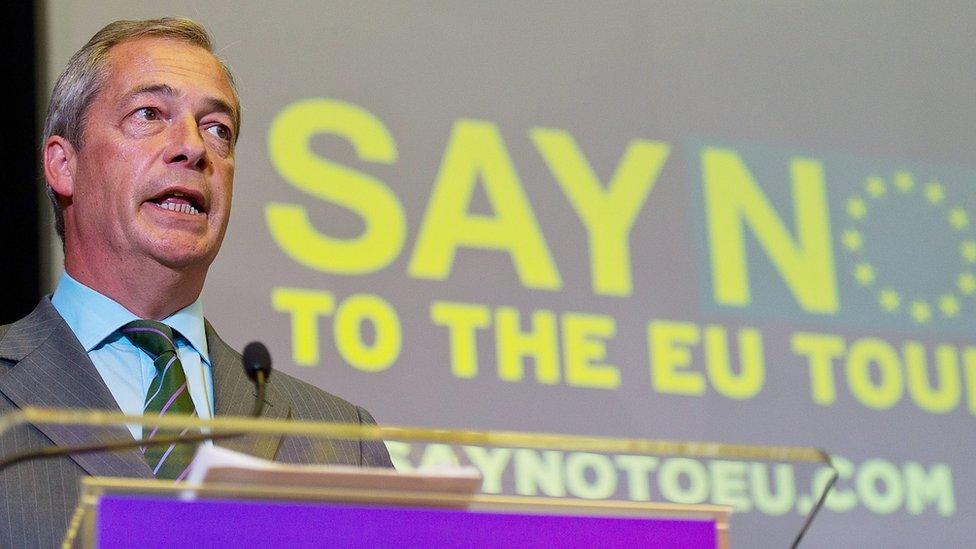Labour U-turn: Why it's no laughing matter
- Published
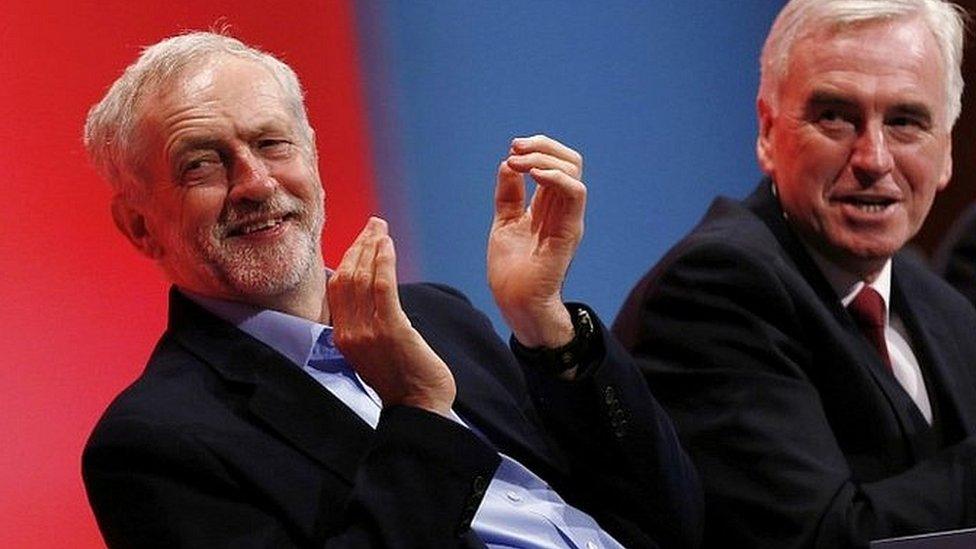
Jeremy Corbyn and John McDonnell, pictured here at Labour's conference last month
If it's all a political trick why should anyone care? Diane Abbott, the shadow international development secretary tried to laugh off the chaos at the weekly gathering of Labour MPs last night when she was put up to defend the policy today.
Labour's change of heart, withdrawing its support for George Osborne's attempt to make it illegal for governments to spend more than they have, was she argued, nothing more than her party's ongoing commitment to Keynsian economics. And the Chancellor's efforts are all a dastardly trap that doesn't matter.
There is a logic to opposing the bill. One senior figure in the party told me this morning, without being able to borrow to invest "there is no Labour economic story". And for Jeremy Corbyn's anti-austerity message to stick, it was odd that his close colleague John McDonnell had supported the idea in the first place. The Scottish Labour leader, Kezia Dugdale was among those who argued that position could not stick.
But McDonnell did, very publicly commit to backing Osborne's idea and the U-turn can't just be laughed off, for several different reasons.
First, Labour knows it needs voters to trust the party again on the economy. This total reversal on a key economic policy in the space of two weeks doesn't do much to inspire confidence.
Second, the manner in which its Shadow Chancellor presented the new policy, an email to Labour MPs in the middle of yesterday afternoon out-of-the-blue, runs totally counter to the approach Mr Corbyn has repeatedly said he wants to take - frank and open discussions before any decisions are made. What faith can his colleagues have in that promise now? This has soured relations between the leadership and the "making it work" brigade - politicians who accepted senior jobs in Corbyn's team for the sake of trying to keep the party together, and giving him a chance.
Third, at Labour's meeting last night there was dismay not just at how the U-turn had suddenly emerged, but at how Mr Corbyn didn't even make much attempt to confront his critics, not all from the right of the party. Despite his overwhelming support from the party membership there is a real fear in his Westminster party that he just is not up to the demands of the job.
Lastly, Corbyn's team seemed rather taken aback by McDonnell's decision, pointedly saying last night it was "for John to defend and explain". Any split between the two is dangerous because it is easy for their enemies to exploit.
In the short term McDonnell's U-turn leaves the new leadership with a potential rebellion on its hands. Labour moderates like the former Shadow Chancellor Chris Leslie plans to abstain on what is "John's first big test", and many others may join him.
Jeremy Corbyn gave McDonnell the job of running Labour's economic policy against the advice of many others. If the last 24 hours are anything to go by, Corbyn may in time conclude it would have been better to listen to that counsel.
- Published1 October 2015
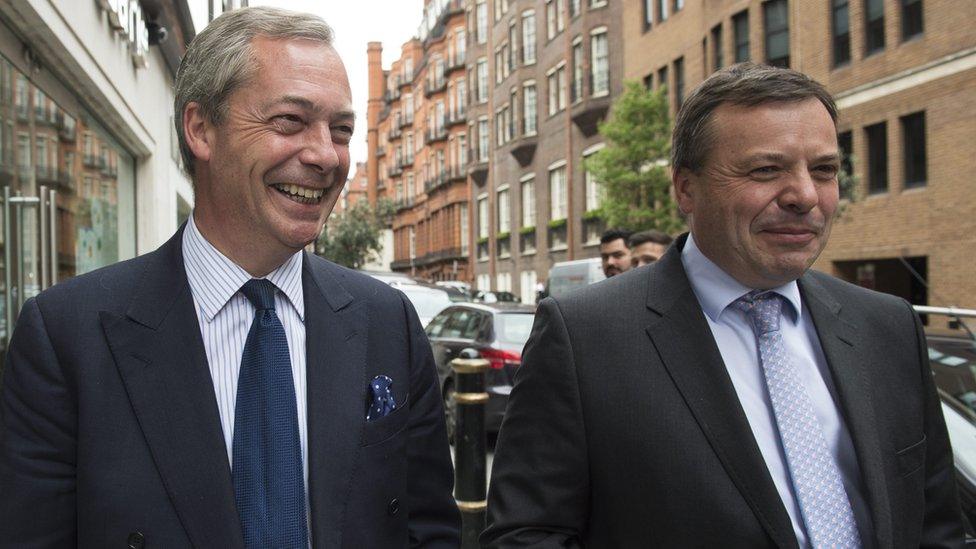
- Published28 September 2015
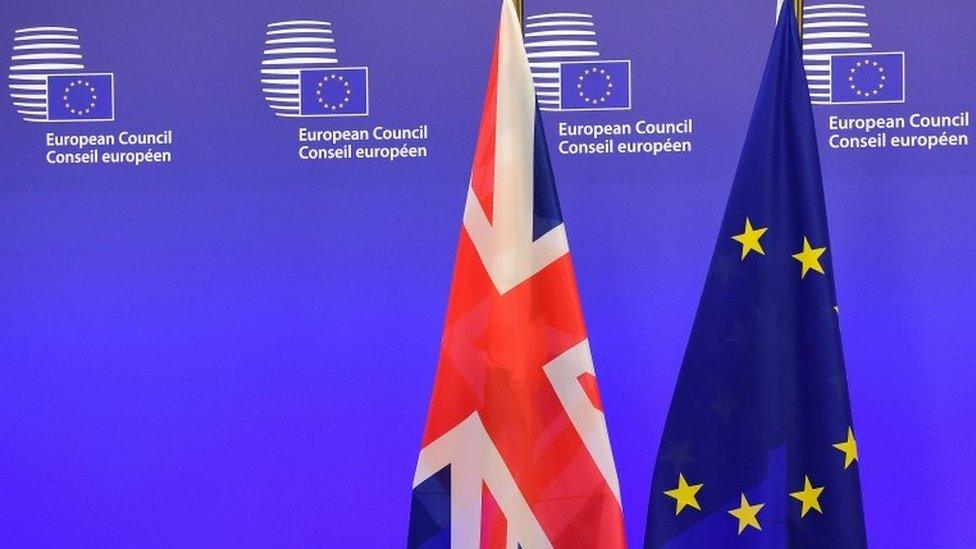
- Published28 September 2015
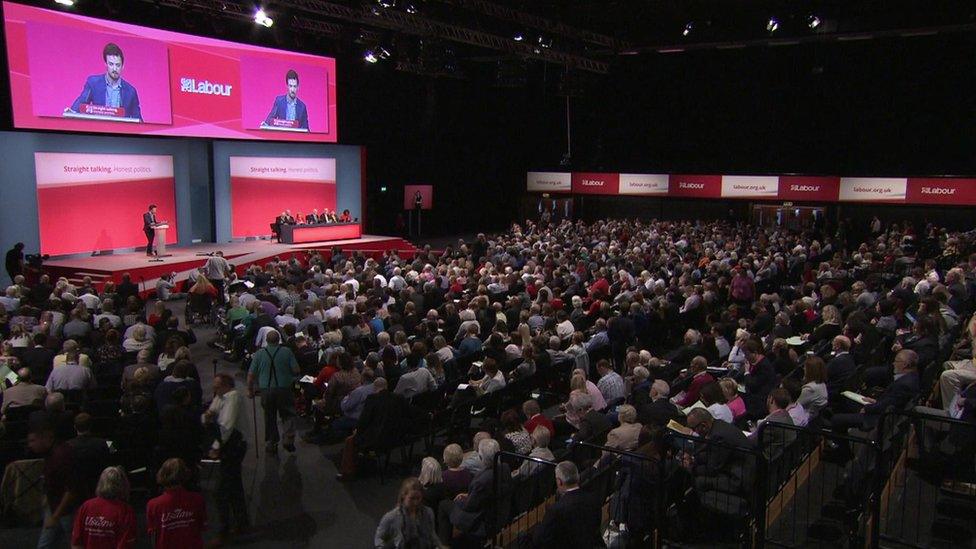
- Published23 September 2015
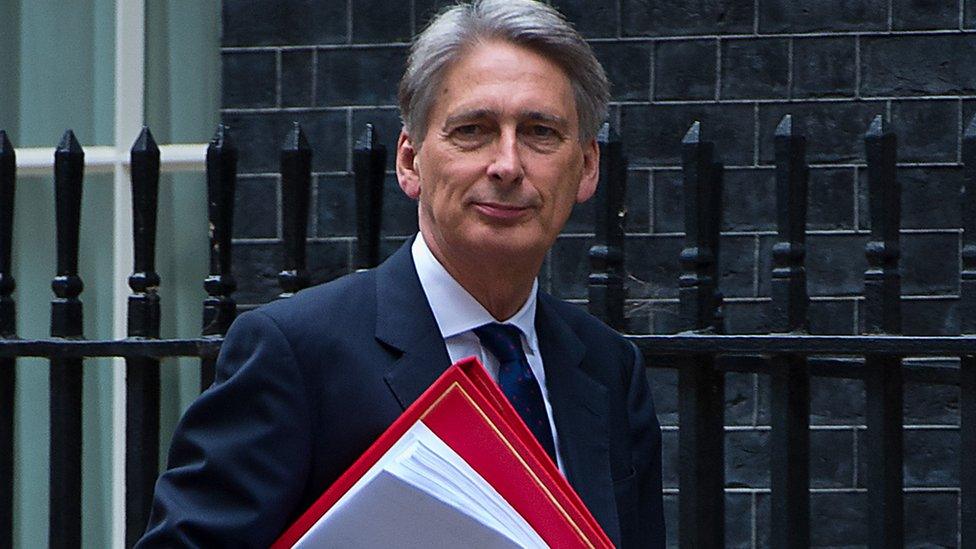
- Published4 September 2015
